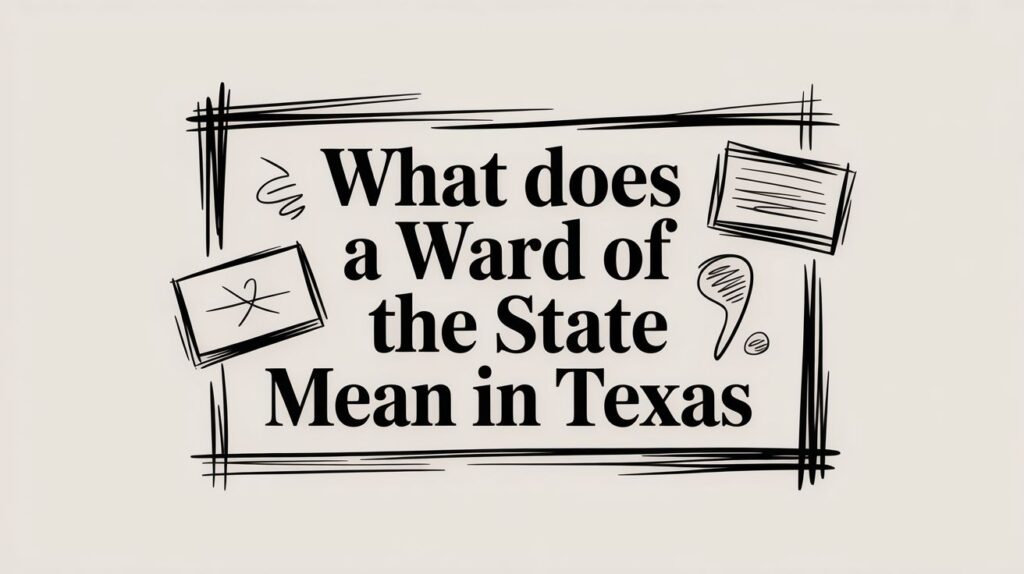Understanding Child Welfare Law in Texas
Child welfare law in Texas encompasses a range of legal principles and regulations designed to protect the well-being of children. This area of law addresses issues such as child abuse, neglect, and the responsibilities of parents and guardians. It aims to ensure that children's rights are upheld and that they grow up in safe and supportive environments.
In Texas, child welfare law is primarily governed by the Texas Family Code, which outlines the legal framework for child protective services, custody arrangements, and adoption processes. Legal professionals specializing in this field provide guidance to families navigating these complex issues, helping them understand their rights and options under the law.
Common Legal Terms in Child Welfare
Familiarity with legal terminology is essential for anyone involved in child welfare cases. Terms like "custody," "guardianship," and "termination of parental rights" are frequently used in legal discussions and documents. Understanding these terms can empower families to make informed decisions regarding their legal situations.
For example, "guardianship" refers to a legal relationship where a person is appointed to care for a child when their parents are unable to do so. This arrangement can be temporary or permanent, depending on the circumstances. Legal definitions and implications of such terms can significantly affect the outcomes of child welfare cases, underscoring the importance of legal counsel.
Resources for Families Navigating Child Welfare Issues
Families facing challenges related to child welfare can benefit from various resources available in Texas. These include legal aid organizations, support groups, and educational materials that provide information on rights and responsibilities. Access to these resources can help families better understand the legal landscape and find the support they need.
For instance, organizations like the Texas Department of Family and Protective Services offer guidance on navigating the child welfare system, including how to report abuse or neglect and understand the investigation process. Additionally, local community centers often host workshops and seminars that educate families about their rights and available services.
The Role of Child Protective Services in Texas
Child Protective Services (CPS) plays a crucial role in safeguarding children in Texas. This agency is responsible for investigating reports of child abuse and neglect and intervening when necessary to protect children. Understanding the role of CPS can help families navigate the complexities of child welfare cases effectively.
When CPS receives a report of suspected abuse or neglect, they conduct an investigation to assess the child's safety. If necessary, CPS may provide services to the family or remove the child from a harmful environment. Legal representation is often essential during this process, as families may need assistance in understanding their rights and the implications of CPS's actions.

